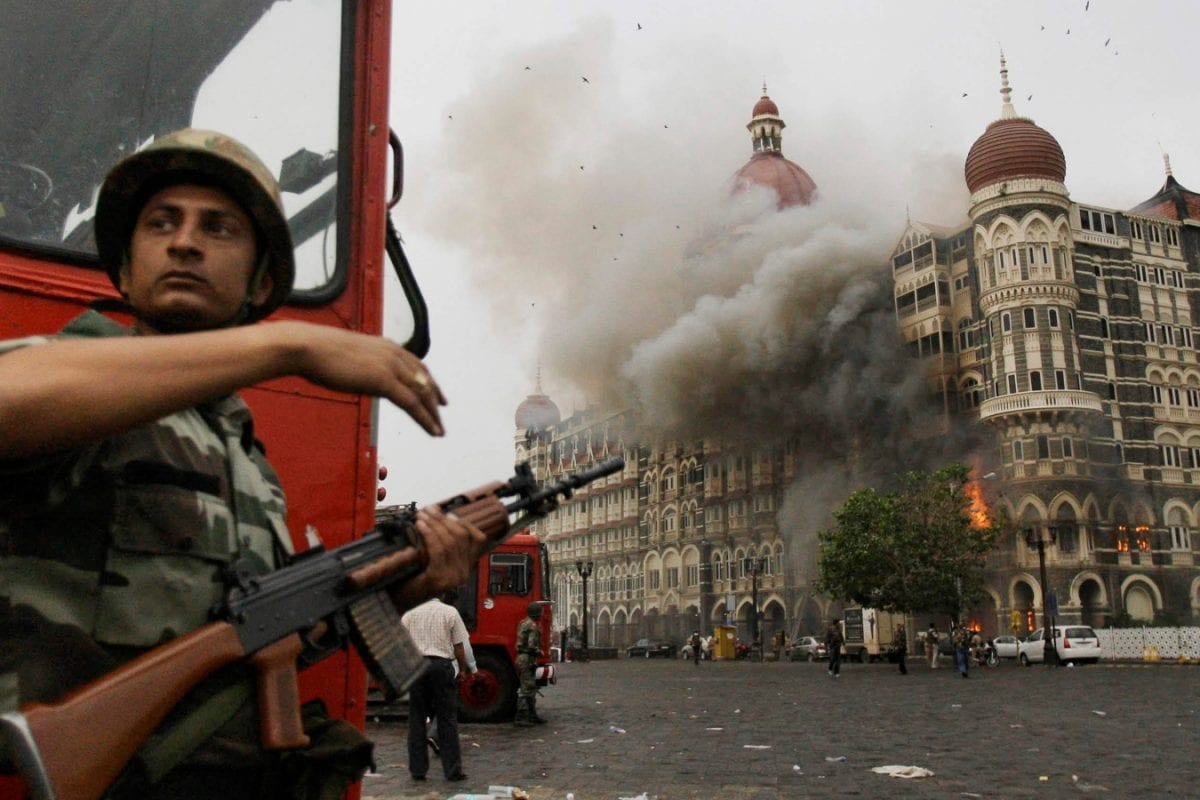

The extradition order for Tahawwur Rana, a key accused in the 2008 Mumbai terror attacks, has brought renewed attention to the details surrounding the planning and execution of the deadly assault. Recent reports highlight how adverse sea conditions played a role in delaying the attackers, offering a glimpse into the operational challenges faced by the perpetrators.
The 2008 Mumbai attacks, also known as the 26/11 attacks, were a series of coordinated terrorist attacks that took place between November 26 and November 29, 2008. Ten members of Lashkar-e-Taiba, a Pakistan-based Islamist militant organization, carried out 12 shooting and bombing attacks across Mumbai. The attacks resulted in the deaths of 175 people, including nine of the attackers, and left more than 300 injured.
The attacks targeted several locations in South Mumbai, including the Chhatrapati Shivaji Maharaj Terminus, the Oberoi Trident, the Taj Mahal Palace and Tower hotel, the Leopold Cafe, the Cama Hospital, the Nariman House, the Metro Cinema, and an area behind the Times of India building and St. Xavier's College. There were also explosions at Mazagaon, in Mumbai's port area, and in a taxi at Vile Parle.
The attackers, armed with automatic weapons and hand grenades, inflicted mass casualties. They took hostages at the Nariman House, the Oberoi Trident, and the Taj Mahal Palace & Tower hotel, leading to prolonged standoffs with Indian police and security forces. The siege of the Taj Mahal Palace hotel lasted nearly three days.
Investigations revealed that the Mumbai attacks were planned and directed by Lashkar-e-Taiba militants in Pakistan. The attackers were trained and sent to Mumbai via sea, and directed from Pakistan using mobile phones and VoIP. Pakistani authorities confirmed that LeT plotted and financed the attacks from LeT camps in Karachi and Thatta.
In the aftermath of the attacks, one of the attackers, Ajmal Kasab, was captured alive. He confessed to being a member of Lashkar-e-Taiba and provided crucial details about the planning and execution of the attacks. Kasab was convicted of murder in India in 2010 and executed in November 2012.
The extradition case of Tahawwur Rana has seen several legal twists and turns. In May 2023, a U.S. District Court allowed Rana's extradition. However, Rana appealed the decision, leading to extensions in the deadlines for filing motions. Ultimately, the U.S. Supreme Court rejected Rana's appeal, paving the way for his extradition to India. Rana has been extradited to India and is now in NIA custody. He will be questioned in detail to uncover the complete conspiracy behind the 2008 attacks.
The Mumbai attacks had a profound impact on India, leading to increased security measures and a zero-tolerance policy towards terrorism. The attacks also strained relations between India and Pakistan. The extradition of Tahawwur Rana is a significant step in bringing all those responsible for the attacks to justice.